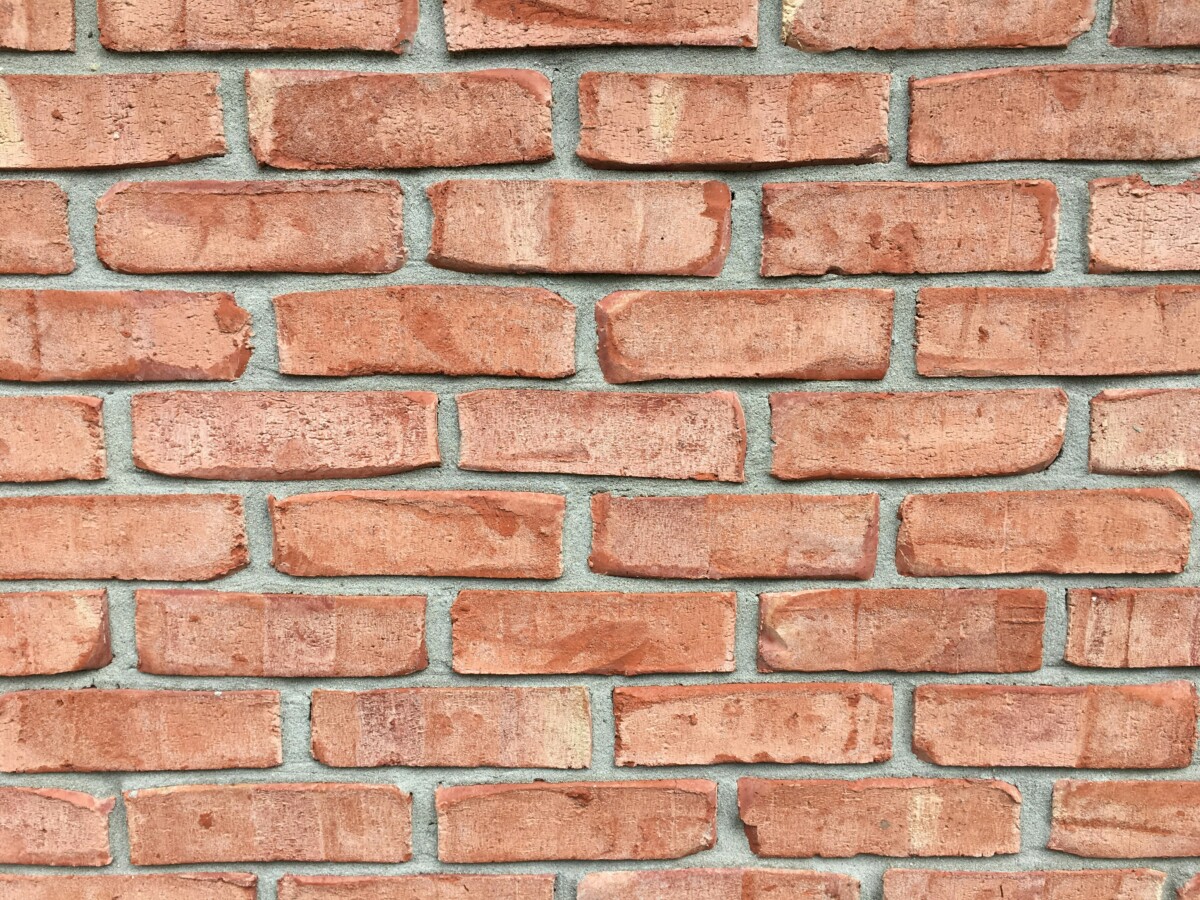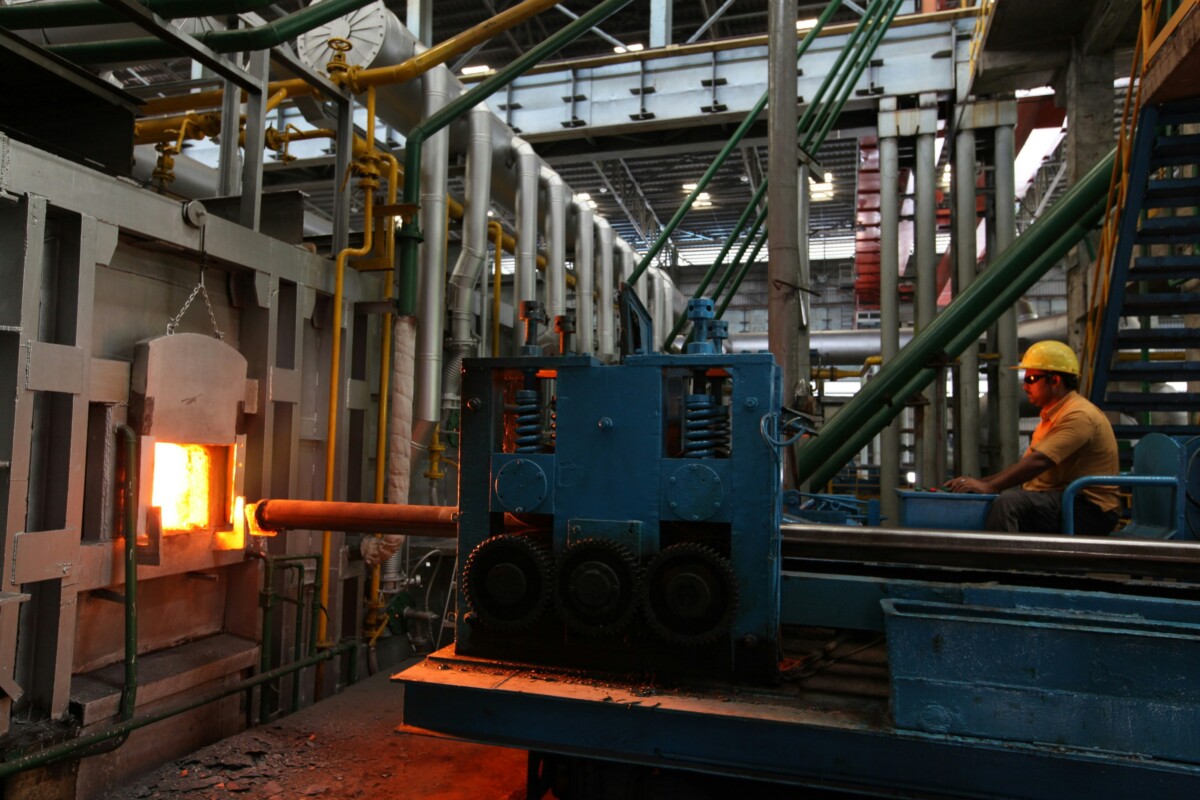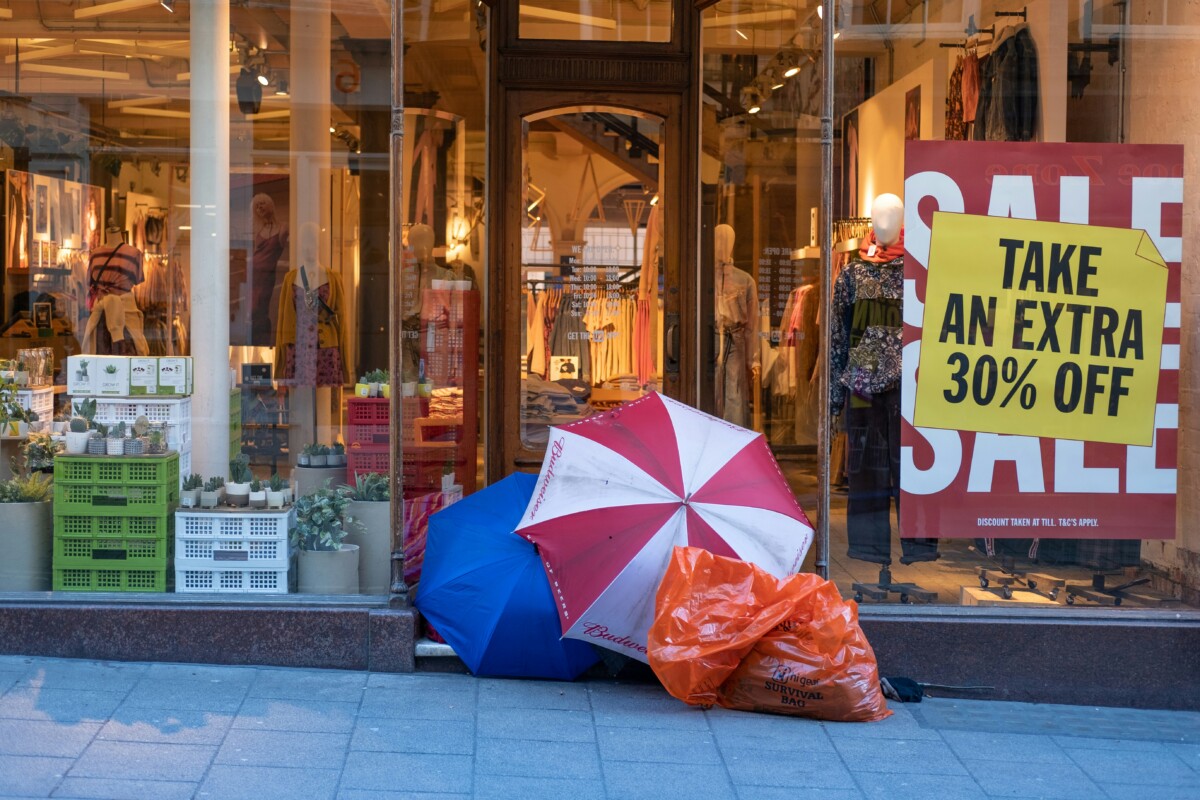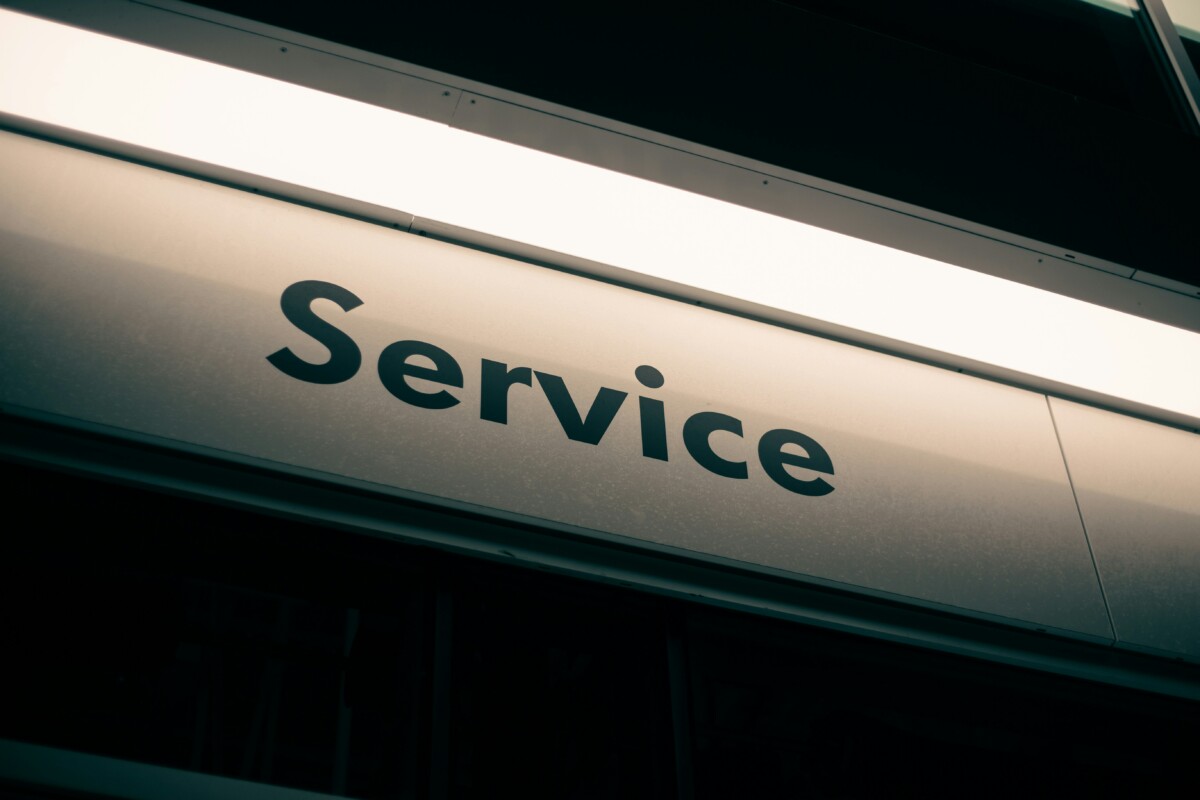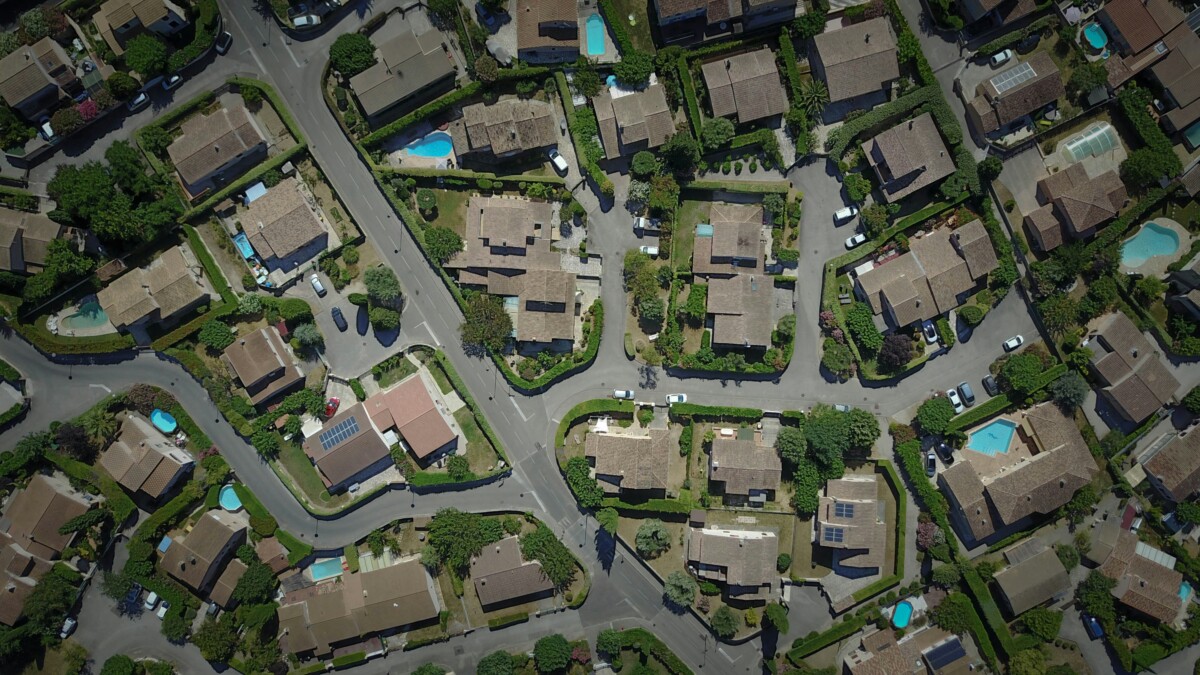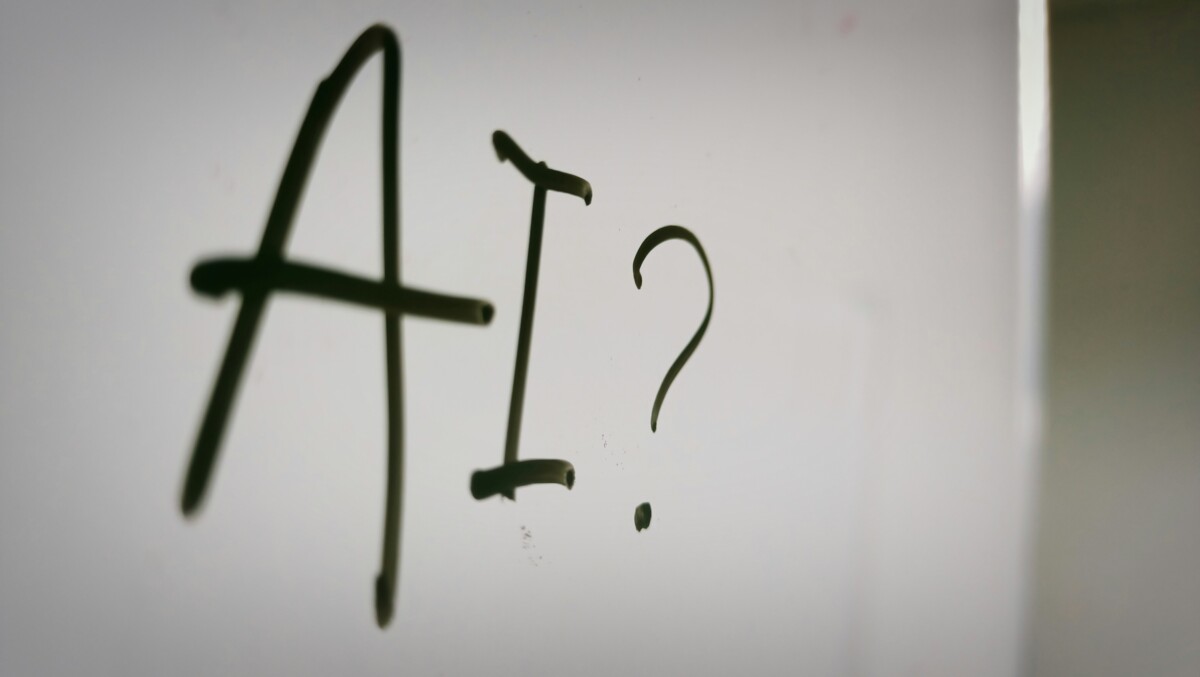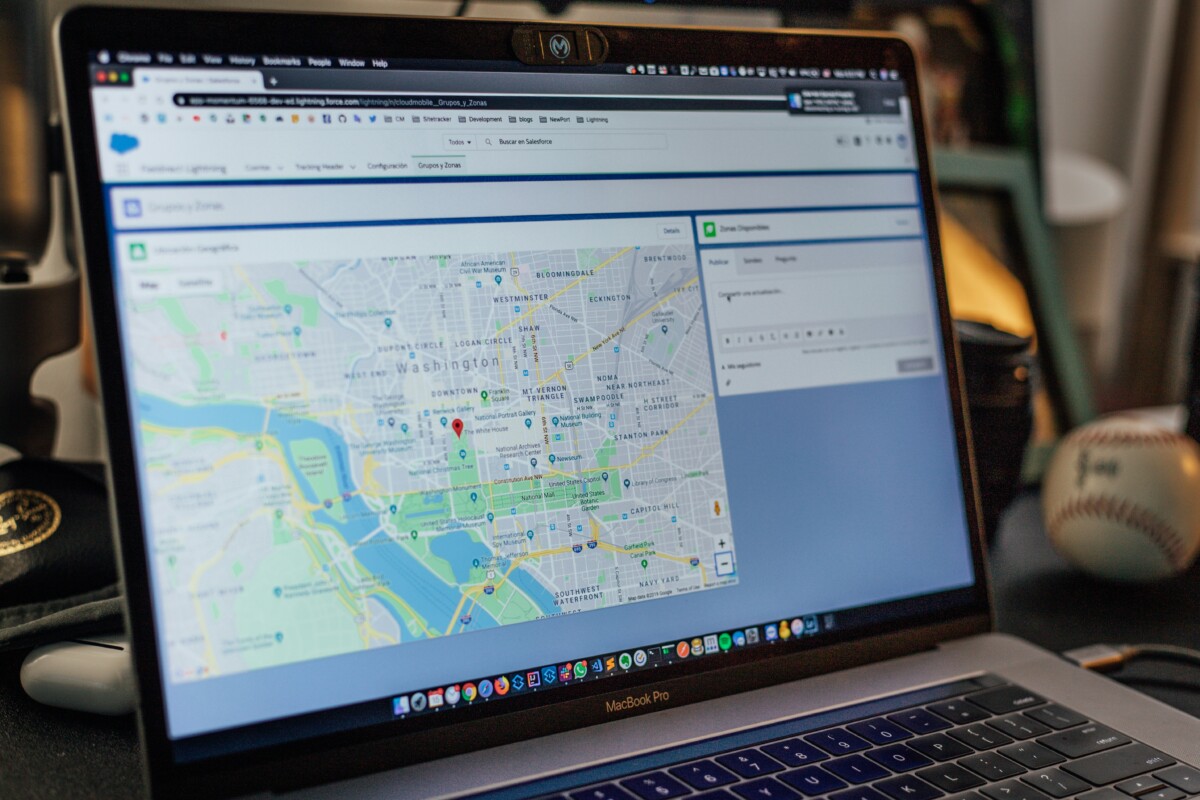Why AI Can Speed Up Hiring but Still Miss the Right Leader
Listen to the full podcast episode on YouTube, Spotify, and Apple Podcasts.
Scene and Context
Executive search is under pressure.
Clients want speed, certainty, and scale. Artificial intelligence promises all three.
In leadership hiring, the stakes are higher than efficiency. Decisions shape culture, strategy, and long-term outcomes. In sectors like food and agriculture, they also shape health and environmental impact.
As AI tools move quickly into recruitment, the question is no longer whether they will be used. The question is where judgment should still sit with people.
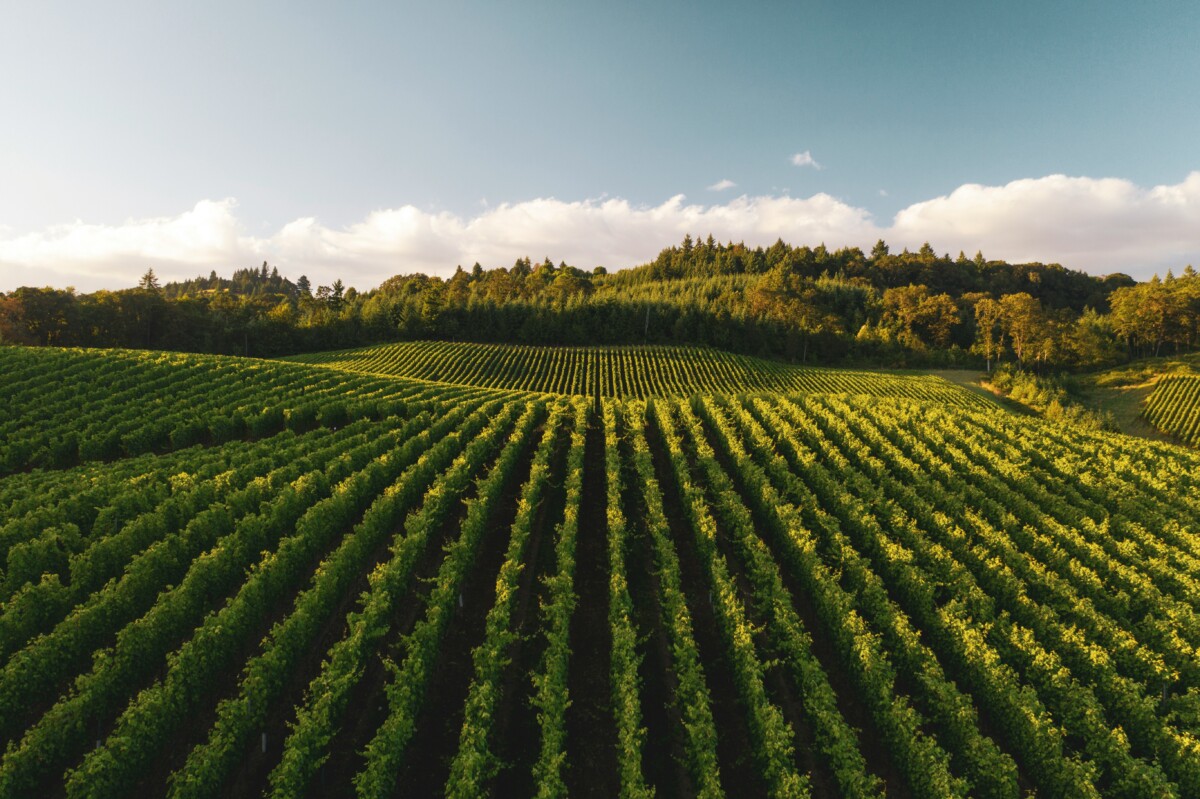
Formation and Origins
Simon Heal did not begin his career in sustainability or food systems. He trained as a computer scientist and spent more than two decades in mainstream executive search, building leadership teams for IT, e-commerce, and fintech businesses. He describes himself as a technologist who moved into people work because he was drawn to detail, pattern, and character rather than sales.
The shift came later. About six years ago, his young son came home from school after watching a documentary on climate change. Simon recalls being asked directly what he was doing to help. The question stayed with him. He began to examine where his skills could have real effect.
“What am I really good at?” he remembers asking himself.
The answer was clear. Building teams. Finding leaders. Understanding potential.
A Turning Point Toward Food Systems
Food and agriculture stood out. Simon grew up in Cheshire, surrounded by farming. His grandfather was a farmer. The industry felt familiar and increasingly urgent. He saw a sector under strain, doing significant harm, but also entering a period of rapid innovation.
Rather than work broadly across the industry, he narrowed his focus. Simon chose to work only with companies aiming to shift outcomes, not simply improve optics. That decision led to the founding of Myco Search, a specialist executive search firm serving food tech, agri-food tech, and food health innovators.
The positioning is deliberate. Candidates know the companies are serious. Founders know the candidates are motivated by impact as well as role.
The Work He Is Doing Now
Myco Search focuses on leadership and specialist hires in emerging food technologies. Many clients are early-stage or scaling businesses. The work involves risk. Technologies are new. Track records are limited. Commercialisation is uncertain.
Heal is explicit about those realities. His approach is open book. Candidates are told early where the risks sit and what could go wrong.
Founders are asked directly about weaknesses, gaps, and pressure points.
The goal is not to remove uncertainty, but to avoid surprises.

AI, Recruitment, and the Risk of Repeating the Past
Simon is a long-time user of technology and an advocate for AI used carefully. He sees clear value in using tools to expand research capacity, reduce administrative load, and surface wider pools of candidates.
Where he draws a firm line is judgment.
AI systems learn from historical data. In leadership hiring, that means past profiles, past success, and past patterns. Simon warns that this can quietly reinforce narrow definitions of leadership and filter out potential that does not yet have a record.
“AI is very good at spotting patterns,” he says. “It cannot spot potential.”
In emerging sectors like food tech, that limitation matters. Innovation often comes from people who do not fit existing templates. Over-reliance on automated screening risks narrowing thinking at the moment it needs to widen.
Simon deliberately includes what he calls a wildcard candidate in many shortlists. Someone who does not look right on paper, but shows conviction, learning capacity, and alignment with the mission. Sometimes they are hired. Sometimes they are not. They almost always sharpen decision-making.
The Tension That Remains
Food businesses remain driven primarily by profit. Simon sees this as the central structural tension. Cheap, damaging food is rewarded. Healthier, lower-impact models struggle for scale.
If he could change one thing, he would reverse the order. Human and planetary health first. Profit second.
He is realistic about constraints. Companies must survive. Investors expect returns. But he believes leadership choices can move systems, especially when capital and talent begin to align with long-term outcomes.
Closing Reflection
AI will continue to reshape executive search. Simon does not resist that shift.
He argues instead for clarity about where tools end and responsibility begins.
In leadership hiring, judgment remains the work. The cost of getting it wrong is not just commercial. In food systems, it reaches into health, land, and trust.
Speed matters. Empathy matters more.
Sponsored by...
truMRK: Communications You Can Trust
👉 Learn how truMRK helps organisations strengthen the credibility of their communications.
Want to be a guest on our show?
Contact Us.
The Responsible Edge Podcast
Queensgate House
48 Queen Street
Exeter
Devon
EX4 3SR
Recognition.
Join 2,500+ professionals.
Exploring how to build trust, lead responsibly, and grow with integrity. Get the latest episodes and exclusive insights direct to your inbox.
© 2026. The Responsible Edge Podcast. All rights reserved.
The Responsible Edge Podcast® is a registered trademark.
Sponsored by truMRK
© 2026. The Responsible Edge Podcast


